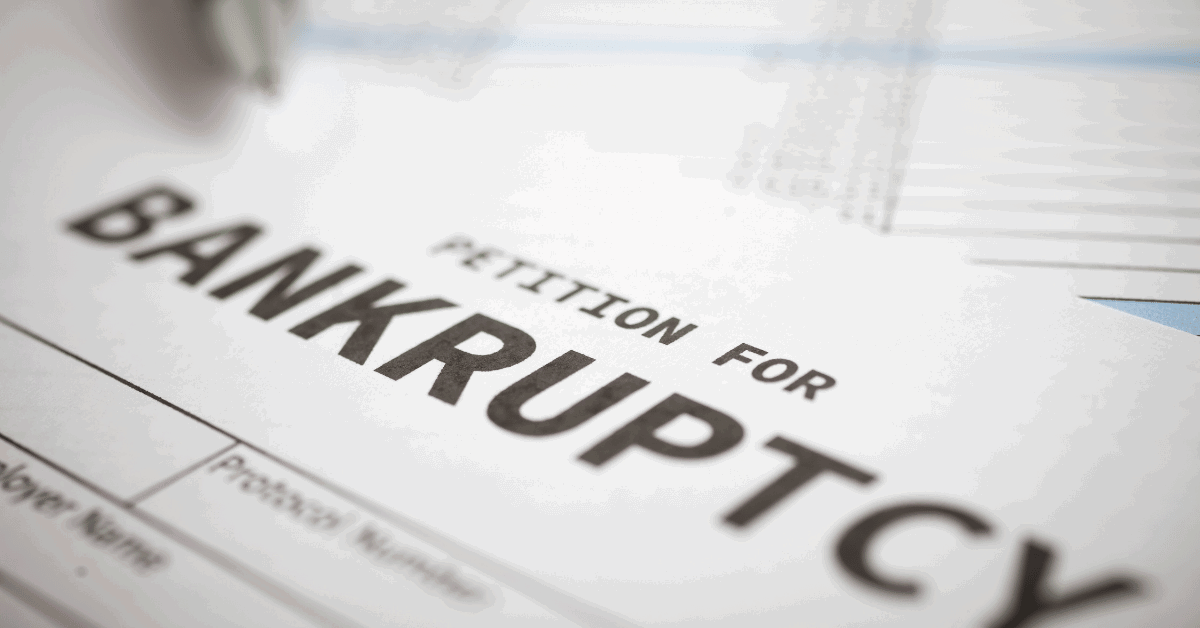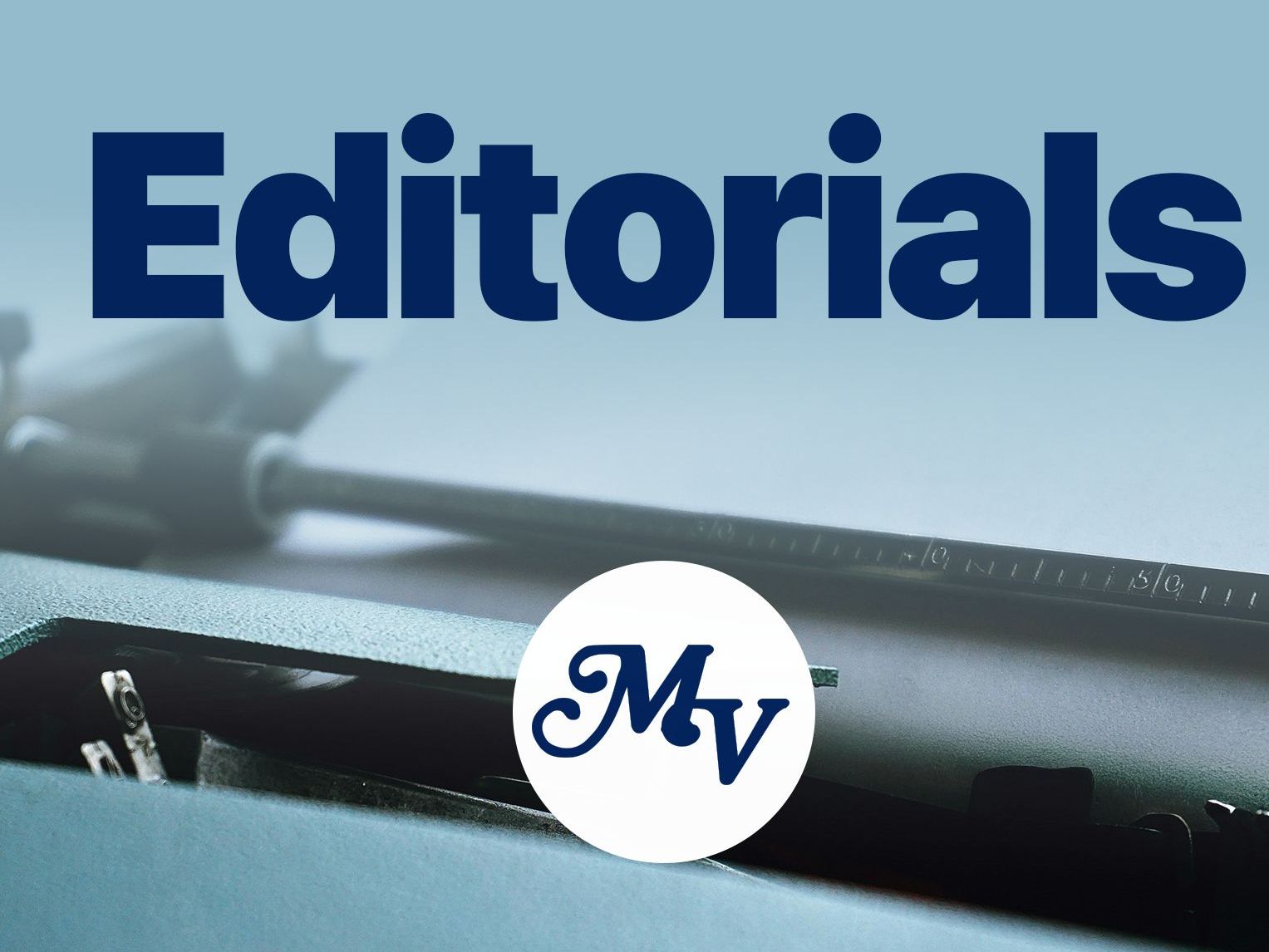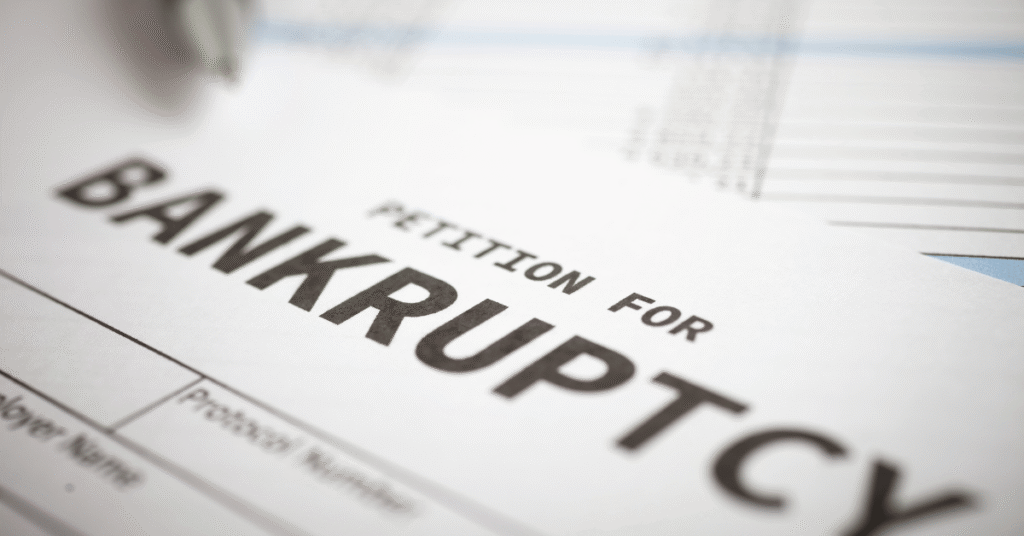PACIFIC Foods (CNMI) LLC, doing business as IHOP and Ajisen Ramen, has filed for Chapter 7 bankruptcy in federal court.
“Since we acquired IHOP and Ajisen in 2016, we went through three different disasters,” Pacific Foods president Ralph N. Yumul told Variety. He was referring to Typhoon Mangkhut, Super Typhoon Yutu and the Covid-19 pandemic.
“As a new company, there is no way for us to recover.”
Yumul, who is also the House floor leader, told Variety that their company has been unable to pay several vendors.
“We are very apologetic for the inconvenience,” he added as he acknowledged that other lawsuits will be filed against their company by other unpaid vendors.
“I understand that,” he said. “We are not trying to just pay one — we are trying to pay everybody. I have to pay.”
On Monday, Yumul appeared before Superior Court Associate Judge Kenneth L. Govendo for a hearing regarding Triple J’s lawsuit against Pacific Foods over the nonpayment of goods amounting to $10,067.81 including interest.
Triple J, through attorney James R. Stump, filed the complaint last year and asserted 28 breaches of contract for various goods against Pacific Foods CNMI, the former operator of Ajisen and IHOP.
At the hearing, Stump asked Yumul if his company can make any payments.
When Yumul told the lawyer that his company has filed for bankruptcy protection, Stump said he would like to have a copy of the Chapter 7 bankruptcy filing.
Judge Govendo, for his part, told the parties that if the federal court approves the petition for bankruptcy the local court will follow the direction of the federal court.
In March 2021, Bank of Guam sued the former IHOP Saipan operators in Superior Court and demanded a payment of $317,238.28.
On June 15, 2021, a Guam-based vendor, Ecolab (Guam) LLC, served Yumul with a complaint for nonpayment of rental equipment and merchandise.
According to court documents, Ecolab is suing Pacific Foods in the amount of $5,218.35.
According to Investopedia, Chapter 7 bankruptcy is sometimes called “liquidation” bankruptcy.
“Businesses going through this type of bankruptcy are past the stage of reorganization and must sell off assets to pay their creditors…. The bankruptcy court will appoint a trustee to ensure that creditors are paid off in the right order, following the rules of ‘absolute priority.’
“Secured debt takes precedence over unsecured debt in a bankruptcy and is first in line to be paid off. Loans issued by banks or other financial institutions that are secured by a specific asset, such as a building or a piece of expensive machinery, are examples of secured debt. Whatever assets and cash remain after all the secured creditors have been paid are pooled together and distributed to creditors with unsecured debt.”












